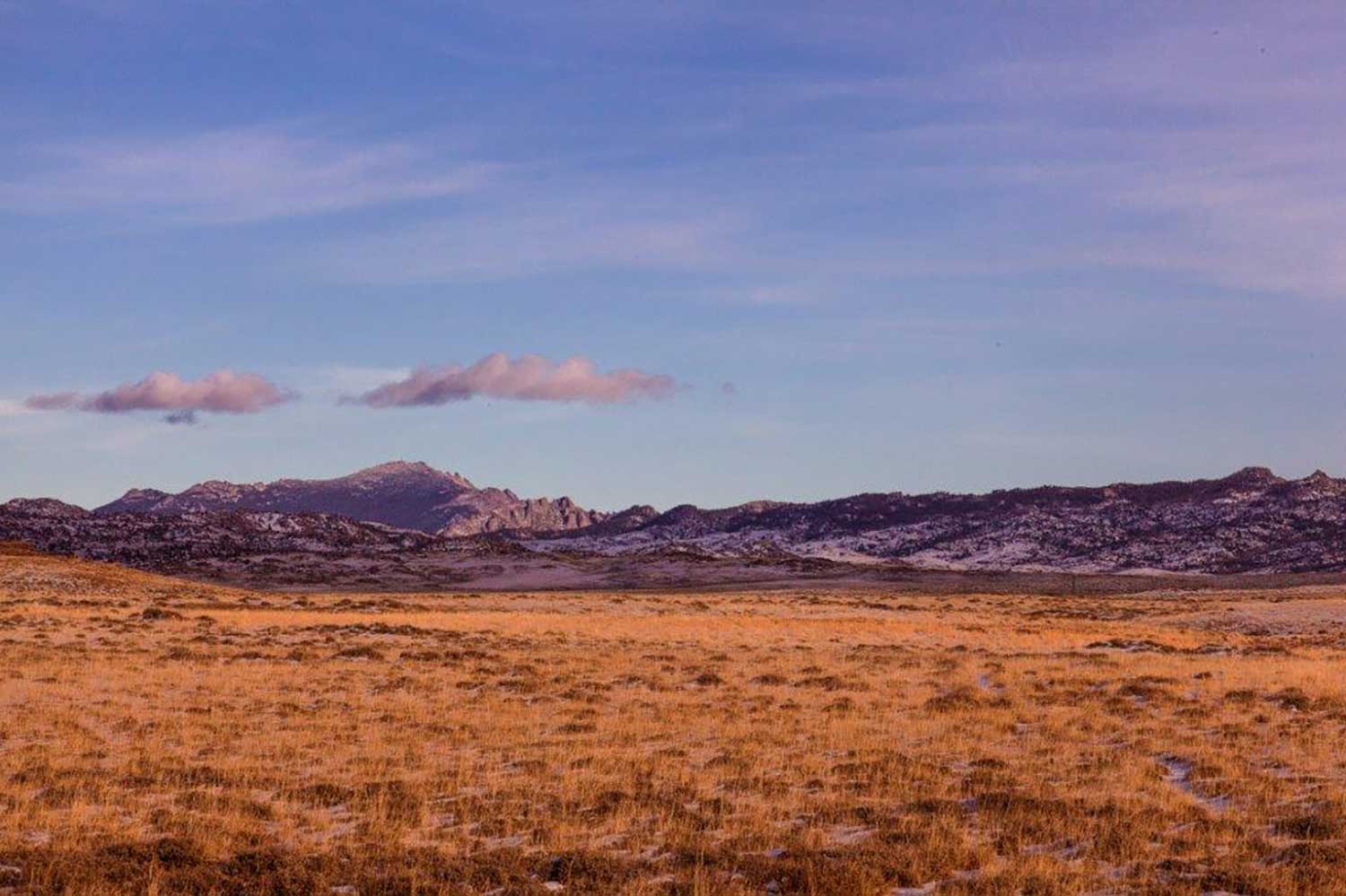Below is a news release from the U.S. Department of Agriculture. The Rocky Mountain Elk Foundation was on hand in Washington D.C. for the signing ceremony and will seek to integrate the initiative in its conservation work. RMEF has a long presence in Wyoming dating back to 1986. Since then, RMEF and its partners completed 892 conservation and hunting heritage outreach projects in Wyoming with a combined value of more than $175.9 million. These projects conserved and enhanced 1,261,048 acres of habitat and opened or improved public access to 200,696 acres.
The U.S. Department of Agriculture (USDA) and the state of Wyoming are formalizing a partnership to support the voluntary conservation of private working lands and migratory big game populations in Wyoming. As part of the agreement signed today by Agriculture Secretary Tom Vilsack and Governor Mark Gordon (PDF, 1.4 MB), USDA will provide a new package of investments in key conservation programs for fiscal year 2023, which includes funding to support increased staffing capacity and the deployment of streamlined program application processes for agricultural producers and landowners. Producers in the Wyoming pilot area will be able to apply for conservation programs that meet their unique needs starting this fall.
Using lessons learned from this partnership pilot, USDA seeks to scale up this model across the West as part of President Biden’s commitment to support voluntary, locally led, producer-driven conservation efforts.
“Conserving private working lands and tribal lands through voluntary, collaborative incentives not only empowers producers to address a range of natural resource concerns, but also helps them care for our nation’s most important wildlife habitats and corridors,” said Secretary Vilsack. “We’re pleased to announce today’s agreement, which is the product of consultation and partnership with the State of Wyoming and local stakeholders. This agreement will help create new and enhanced opportunities through USDA’s conservation programs to keep working lands working and give farmers, ranchers, and forest landowners new opportunities to conserve wildlife and migration corridors.”
“Wyoming leads the nation in our approaches to conserving wildlife, particularly big game migration. We do that with strong landowner partnerships and recognition that habitat conservation can be done on multi-use lands,” said Governor Gordon. “Private landowners have long provided key habitat for wildlife across Wyoming. Offering voluntary funding opportunities to landowners to maintain this valuable space for wildlife is a recognition of their role in conservation.”
(Photo credit: Rocky Mountain Elk Foundation)
